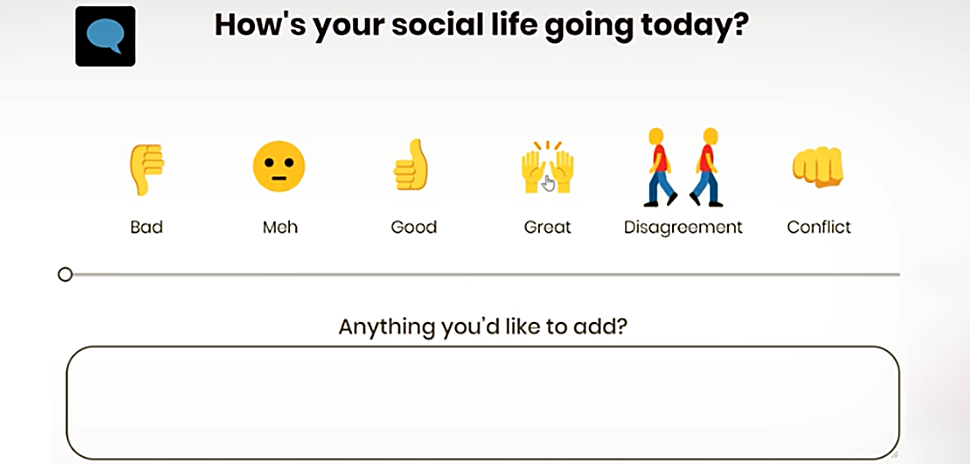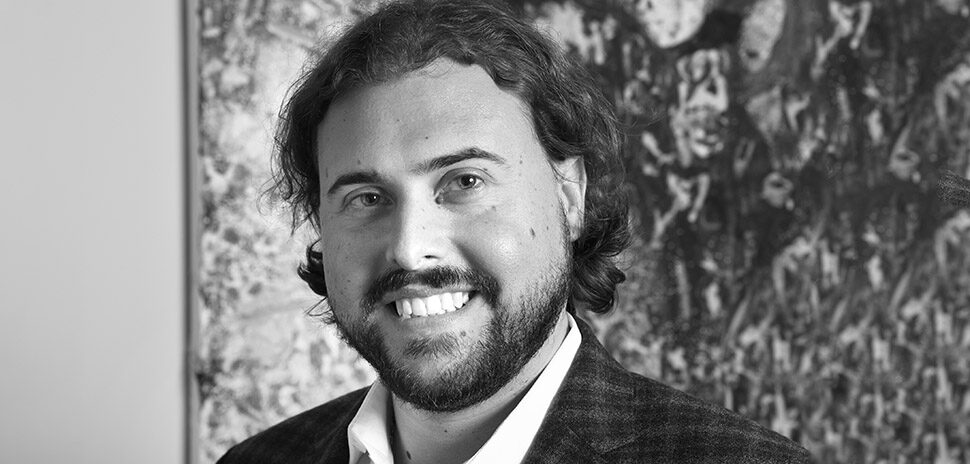All industries have badges of honor. In the startup world, the badge consists of working on software, raising capital, chatting on Slack, keeping up with the latest tech trends, attending hackathons, preparing pitches, working at co-working spaces, and, sometimes, it’s obtained by just attending startups events.
Officially, I have been a member of the startup eco-system in Dallas for almost three years. My badge of honor is being an outsider.
Yes, this is a positive thing.
Having never worked in a startup before Tech Wildcatters, I didn’t follow any startup influencers or know any startup jargon. I didn’t even know what an accelerator was. I was not (and am still not) a girl who codes.
Officially, I have been a member of the startup eco-system in Dallas for almost three years. My badge of honor is being an outsider.
When I started, I often wondered: did I join an eco-system or an echo chamber? Was it okay that I wasn’t a typical startup person? Could I actually offer something if I wasn’t part of this unique club? And, how do echo chambers actually work?
Fast-forward three years, and the answer to those questions are: I could not be happier. I love my job, my community, my friends, and all of the growth we are experiencing. I have been able to make a positive impact, and was welcomed and embraced by the community with open arms. The Dallas startup community is a great eco-system. We are not an echo chamber—yet. An echo chamber, where ideas and beliefs bounce around and become amplified within an enclosed system, often censors differing viewpoints. The danger of our startup community becoming one is always present, and we are all responsible to make sure we stay open-minded, and encourage fresh blood and new ideas.
Many people will say that we need to grow our startup eco-system. This means different things to different people. I love that there are now 100 people at startup events, instead of 25. But, are they the same 100 faces? Where are the new faces? How can we innovate without bringing different people with different backgrounds and skills to our community?
At Tech Wildcatters, we strive to be a resource to startups and encourage innovation. Some of the ways we do this are: by working and traveling outside of our own eco-system; recruiting outsiders as talent; challenging group think; encouraging diversity; and creating new ideas and events to avoid re-inventing the wheel.
North Texas’ eco-system is growing. In fact, being able to read this article in a new publication focused on innovation is proof of just that. How we grow is the important part.
In May of 2015, Tech Wildcatters hosted its largest pitch day ever at the American Airlines center with the Dallas Stars. A few months later, we hosted two demo days in Dallas and San Francisco with the Department of Homeland Security. Were these awesome events? Of course! Did startups present their cool companies and investors attend? Absolutely! None of this was done by accident. There was a designed strategy every step of the way.
North Texas’ eco-system is growing. How we grow is the important part.
We chose to create unique events with national brands at rock-star caliber places in order to draw the attention of people outside the startup community. We know our market and our customers. We also know that Dallasites like big, shiny things. So we made it easy for people to discover North Texas startups. We made it cool and interesting. We spoke their language, all the while keeping our brand and core values intact.
This is just one of many ways to grow an eco-system and avoid the echo chamber affect. But I implore you, as you talk on social media, start and grow companies, seek capital and attend events; seek out new mentors; travel and find customers and investors in other cities (bring back their best practices); network with groups and places outside your niche; surround yourself with people who challenge you; invite outsiders in; and do big things that haven’t been done.
This will keep our community thriving and innovative. And, we all get to do our part. But don’t take my word on it. Here are a few thoughts from leaders inside and outside of our eco-system on why it’s important to prevent an echo chamber, and their advice on how we do so.
“Reach out there and invite others we know aren’t participating in innovation to see how Dallas can continue to thrive and change based on its own internal resources right here in our own backyard. Don’t do the same thing over and over or copy what other cities are doing. Let’s do it the way Texans are known for doing it: differently,” says Dennis Dayman, Chief Privacy and Security Officer, Return Path.
“Diversity! A wide variety of perspectives and experiences dramatically improve performance and output. Opposing opinions are the catalyst for innovation. New standards are always set by the unique,” says Craig Lewis, CEO, Visage Payroll.
“History, in my view, can tell us the future. If history has taught us anything, it’s that living within you own borders as a country and not allowing influence of the outside world to grow your economy can cause major catastrophes. History shows that if you operate within an echo chamber, instead of eco-system, you don’t actually truly succeed. This is the single biggest danger facing all the startup eco-systems developing around the world today. It’s not good enough to be best in class locally anymore, you need to be best in class globally to survive the next 20 years of fast-pace innovation,” says Simon Squibb, Nest VC.
“It’s great and important that the eco-system keeps up on what everyone is doing. However, it’s also critical to engage outside the confines for many reasons. Innovation is impossible inside a bubble,” says Gabriella Draney Zielke, CEO, Tech Wildcatters.
“One measure of the health of an organization is how fast bad news travels from the bottom to the top. While externally a unified, positive front signals a healthy culture, internally it is just as healthy to consider dissenting points of view. Agreeing to the same talking points may imperil our ecosystem when the next disruptor is launched,” says Catherine Cuellar, Director, Entrepreneurs for North Texas.
“As a journalist, it’s so important to get a diverse point of views and opinions. That’s true of most anything in life. Diversity provides richness and depth,” says Hanah Cho, NerdWallet.
“We all know how great the startup community is in Dallas-Fort Worth, but we need to make sure that people and organizations outside of Dallas know this truth. Otherwise, we’re just all sitting around our own baby saying how cute it is. We need someone else to tell us our baby is cute,” says Ryan Roberts, Robert Foster.





























